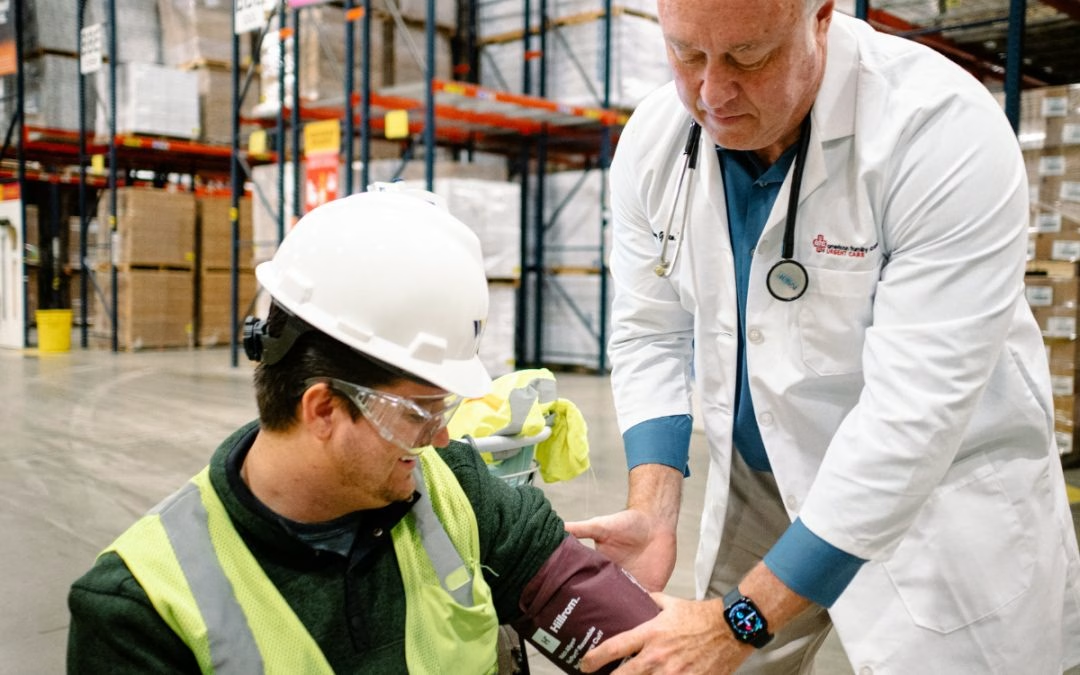
When the weather starts to cool down, cold and flu season starts to ramp up! Even if you wash your hands and support your immune system during this time, there is still sickness all around you.
One of the illnesses you need to be on the lookout for is respiratory syncytial virus, or RSV. While anyone can contract RSV, it can be especially dangerous to small children, who can experience severe symptoms from the virus.
If you are wondering if your child’s most recent symptoms are related to a case of RSV, our team at AFC Urgent Care Gastonia lays out the details of this virus below.
Why Is RSV Dangerous to Infants?
RSV is a virus that settles into the lungs and other breathing passageways. It can produce mild cold-like symptoms in healthy adults, but it can become severe and even life-threatening to an infant.
Because an infant’s breathing passageways are so small, any irritation or inflammation can be really dangerous and create breathing troubles. RSV could also cause bronchiolitis, which is an inflammation of the tiny airways inside a baby’s lungs, which could further worsen his or her symptoms.
Early RSV Signs
- Runny nose
- Decreased appetite
- Wheezing or coughing
- Fever
When Should I Seek Medical Care for RSV?
RSV can start mild and become dangerous really quickly. While it is true that you know your baby best, there are certain symptoms that you need to be keeping an eye out for in order to keep him or her safe.
Any time that you notice a bluish or gray pallor to your baby’s lips or skin or notice shallow or rapid breathing (sometimes called retractions) in his or her chest, it should prompt you to seek immediate medical care.
Keeping Your Infant Healthy
- Cover your cough or sneeze.
- Avoid kissing your baby on the face if you are sick.
- Don’t let other people kiss your baby.
- Wash your hands often.
- Ask people to wash their hands before holding your baby.
RSV should always be taken seriously. If you are concerned about the health of your infant, come visit us right away at AFC Urgent Care Gastonia.


